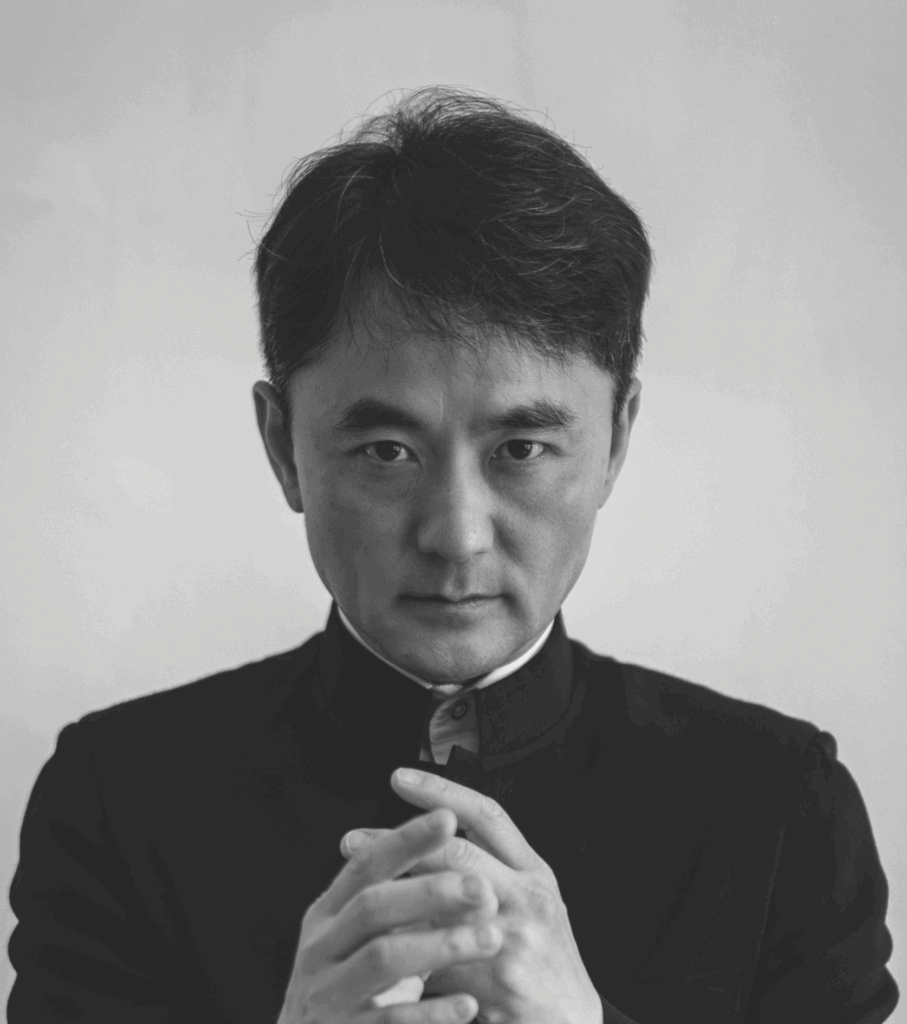
DONGMIN KIM
Dongmin Kim is quickly establishing himself as one of the most inspiring and versatile conductors. He is the Music Director of the celebrated and innovative New York Classical Players (NYCP), a chamber orchestra comprised of today’s most gifted instrumentalists. His recent and upcoming engagements on the world’s prestigious stages include the Kennedy Center, Lincoln Center, Carnegie Hall, Jordan Hall, Herbst Theatre, Faulkner Performing Arts Center, Seoul Arts Center, and Lotte Concert Hall, to name a few.
Since founding NYCP in 2010, Mr. Kim has led around 250 concerts in the NYC metro area, three international tours from Asia to South America, a residency at Brown University, a statewide residency with seven state universities in Arkansas, and a US national tour with superstar soprano Sumi Jo. He led NYCP, stepping in at the last minute to take over the canceled English Chamber Orchestra’s US tour, turning it into a great success.
Mr. Kim’s career highlights include a guest appearance with the National Symphony Orchestra at the Kennedy Center and sold-out performances of The Magic Flute with the Seoul Arts Center Festival Orchestra. Most recently, he was invited by the Seoul Arts Center to conduct the KT Symphony Orchestra, and returned to the Round Top Music Festival to work with the Texas Festival Orchestra. His successful engagement the Round Top has led to another invitation for the summer of 2025. He has also been on the podium with the Philadelphia Orchestra, Minnesota Orchestra, Baltimore Symphony, Indianapolis Symphony, Jacksonville Symphony, San Antonio Symphony, Virginia Symphony, and Winnipeg Symphony, among others.
Mr. Kim collaborates with some of the world’s renowned artists, including Miriam Fried, Donald Weilerstein, Kim Kashkashian, Cho-Liang Lin, Pamela Frank, Carter Brey, Charles Neidich, Peter Wiley, Carol Wincenc, Kun-Woo Paik, HaeSun Paik, Chee-Yun, Stefan Jackiw, Yeol Eun Son, Clara Jumi Kang, Hsin-Yun Huang, Richard O’Neill, Jasmine Choi, and Kyung Sun Lee.
Kim’s conducting of Copland’s “El Salon Mexico” focused on details and punctuation, and allowed solo voices the space to speak idiomatically.
— THE WASHINGTON POST —
